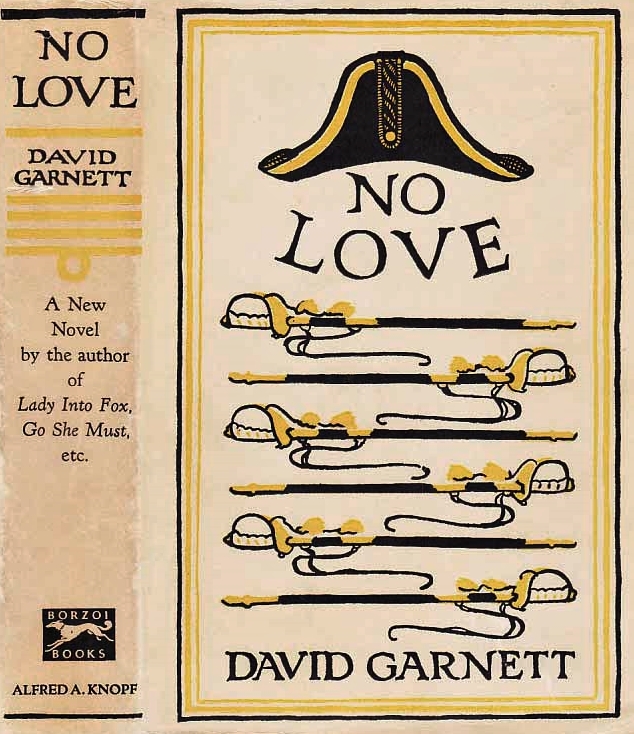I suspect E.F. Benson is like toffee – a little is a total delight, but you wouldn’t want to have too many in a row. It’s been a few years since I last picked up an EFB, and so I absolutely loved heading to Paying Guests for the 1929 Club.
Though the novel is called Paying Guests, the people in this book are very much living in a boarding house. ‘Paying guests’ or ‘PGs’ was a polite fiction that people used in the period to make the arrangement seem more genteel – often it would be just one or two people staying as paying guests in the home of people they knew, at least tangentially. Here, the residents are a mix of long- and short-term, mostly longer, and they aren’t likely to go anywhere any time soon.
The boarding house is run by two widowed sisters, one quite fluttery and inclined to panic, the other less invested and more inclined to enjoy seeing the worst in people. Their residents include retired Colonel Chase who nightly shares his triumphs in walking or cycling; Mr Kemp the hypochondriac and his daughter Florence who is permitted no will of her own; Miss Howard the amateur artist and musician who performs ‘improvisations’ that she has practised for many hours beforehand; Miss Bliss who is at Dolton Spa to take the waters but insists that Mind will heal her – and a handful of others, less prominent.
Like a lot of Benson novels, the joy mostly comes from the combination of people who have nothing to do but gossip about each other and try to come out top in a relatively amiable, never-ending tussle for dignity. Some have their eyes on something outside of this community – marriage, perhaps – but most have resigned themselves to staying exactly where they are. Or perhaps ‘resigned’ is not the right word – they are perfectly content with their minor gripes, antipathies, observations. It could be a much sadder novel if you didn’t suspect that most of the characters wouldn’t change a thing.
The biggest plot point in Paying Guests is probably Miss Howard’s exhibition of her paintings. Which is described with Benson’s typically merciless observation of the way a certain sort of person speaks:
“Are you going into town?”
“Yes. I’ve got to see about my little pickies being framed. Just fancy! I’m going to hold a little teeny picture-exhibition of some of my rubbishy sketches. So rash! But nobody would give me peace until I promised to.
This was approximately though not precisely true: Miss Howard had told the group in the lounge that Mrs Bowen had said that everyone was longing for her to do so, and the group in the lounge had all said “Oh, you must!” again and again and again. She had to yield.
“So frightened about it,” said Miss Howard, “I shall certainly leave Bolton the day before it opens, so as not to hear all the unkind things you say about it.”
The fate of this exhibition is probably the highest stakes in Paying Guests, and I did find it as compelling as much more dramatic plots in other novels.
The other element of the book I really loved was Miss Bliss and her Mind. Benson doesn’t use the term Christian Scientist, but she is certainly something of that ilk – trying to persuade everybody that their illnesses are illusory, and that even lost objects can be found with sufficient application to Mind. She herself is clearly severely unwell, but finds plenty of excuses to explain this away. Again, in another novelist’s hands this could have been desperately sad – but, in Benson’s, it is deeply funny.
I still have a few other 1929 titles on the go, but I think this is going to be my favourite 1929 Club read. Sheer fun.











